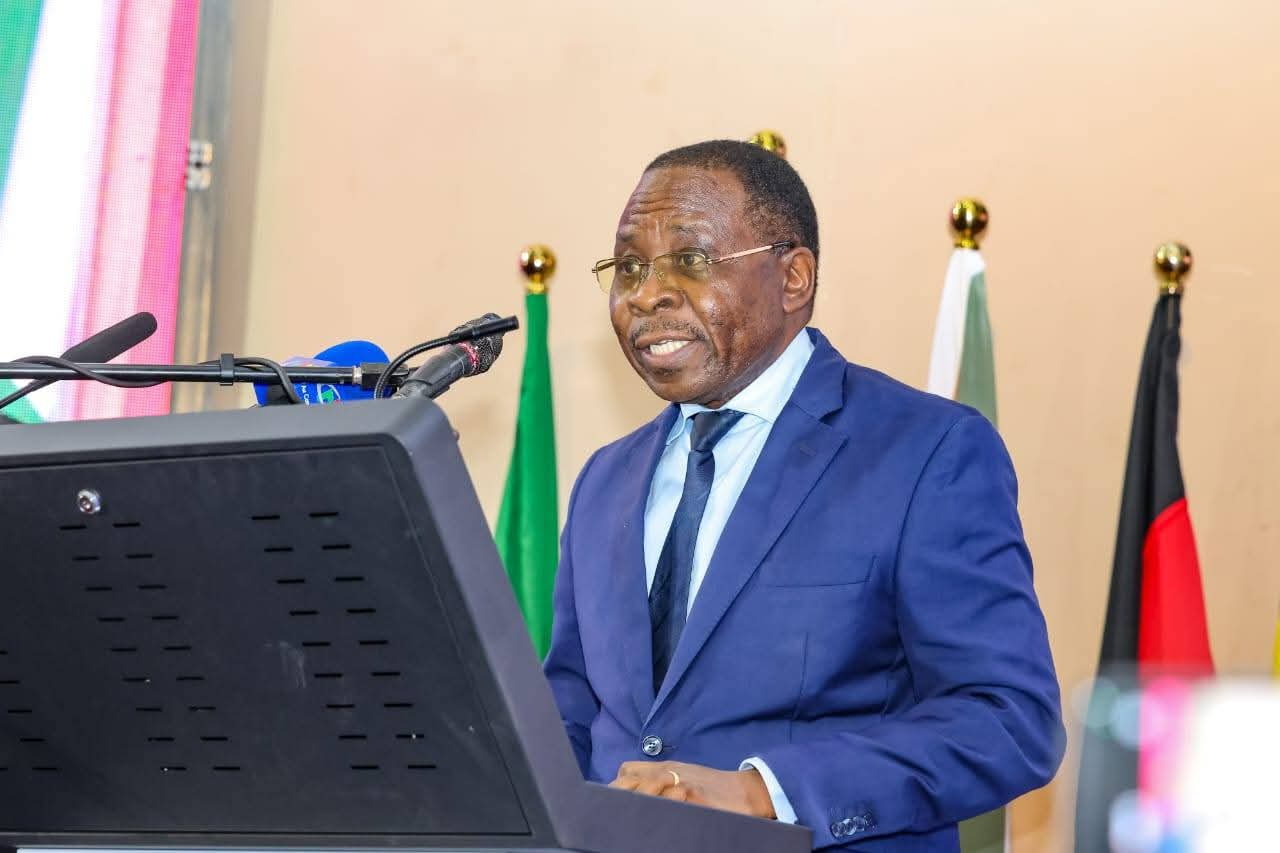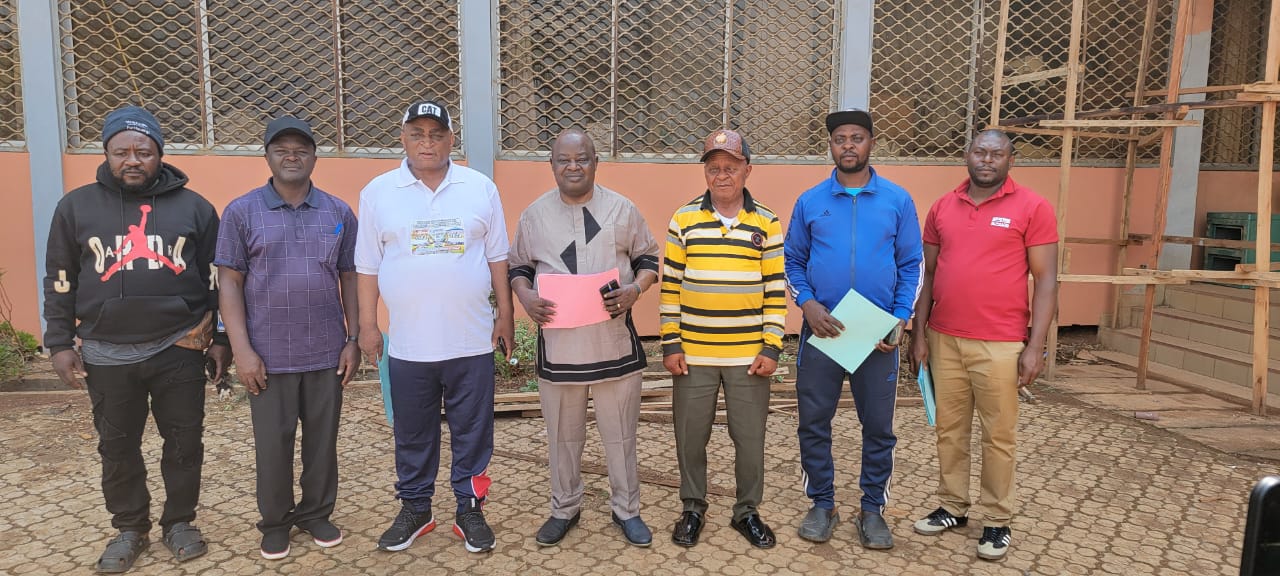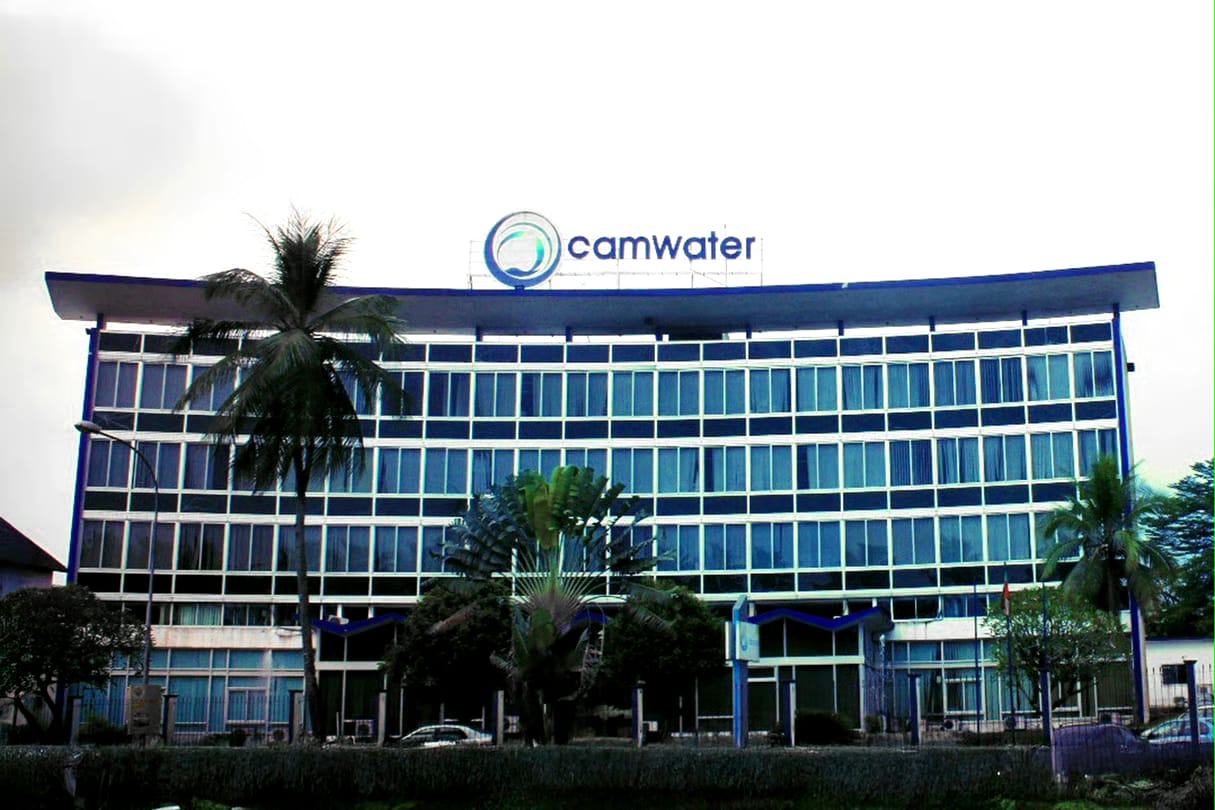Corruption threatens the wildlife and land resources of the Benue National Park (BNP), located in northern Cameroon. The evaluation of the stakeholders’ perception of the impact and intensity of corruption in land and natural resource transactions around and within the biosphere reserve scores 6.32/10, according to the organisation Forêts et Développement Rurale (Foder), in a study report published on 11 May 2023.
Covering an area of 180,000 hectares, the GNP is one of the oldest protected areas in Cameroon. The Benue Faunal Reserve was created on 11 November 1932 and later became a national park by decree N° 120 of 5 December 1968. The protected area was later recognised as a biosphere reserve by the United Nations Educational, Scientific and Cultural Organisation (UNESCO) in 1981.
This score indicates that transactions around the BNP are moderately tainted by corruption. Indeed, illegal and unsustainable practices such as grazing in prohibited areas, illegal gold panning, fishing and farming in prohibited areas, poaching, illegal exploitation of forest products, and others, are promoted by corruption. “In return for carrying out their activities without being disturbed, 68% of these people say they give money, 21% say they give materials, and others, almost 10%, offer services,” explains Justin Kamga, the coordinator of Foder. According to the same source, corruption around the BNP amounted to just over 153,000 euros, or 100 million CFA francs in 2022.

The IPCS on corruption in land and natural resource transactions around the BNP was carried out as part of the European Union (EU) funded North Cameroon Ecosystem (EcoNorCam) project, implemented in partnership with the Wildlife Conservation Society (WCS) and the Centre for Environment and Development (CED). The study was based on the collection of secondary and primary data and information through surveys of a sample of 136 respondents (out of 105 initially planned) and a literature review. The respondents were drawn from various categories of people with an interest in the exploitation of land, forestry, wildlife and mining resources in the GNP area.
Corruption around BNP has a significant ecological and financial impact on the state as it destroys the landscapes of the area and deprives the state of opportunities to mobilise the revenues needed to fund conservation and development efforts in the area.
One of the first actions to improve the situation is the development of a roadmap based on Cameroon’s National Strategy for the Fight against Corruption (SNLCC) and the EcoNorCam project’s Strategy for Change (SAC). This roadmap includes actions of prevention, education, incentives, conditions and sanctions (PrECIS). It is expected to be implemented over a period of four months.




